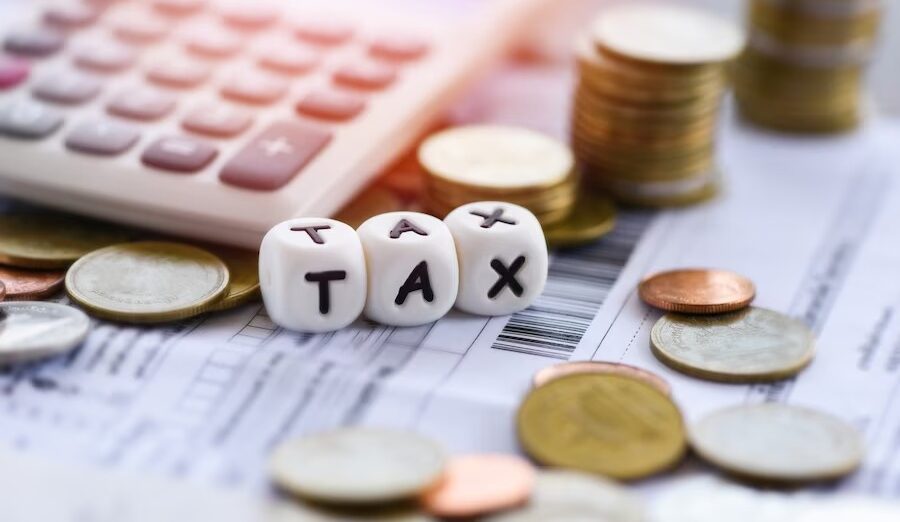Nigeria has passed a comprehensive review of taxes, which will take effect on January 1st 2026. In this post, I will highlight a few changes on the personal side, the implications and how you can get tax relief.
Just so you know, this information is provided for educational purposes only and should not be considered tax or financial advice. Please consult your tax or professional adviser.
If you earn personal income below N800,000, you pay zero income tax. Your company has a turnover below N50m, and you pay zero corporate income tax. The significant change under this tax law is that you have to invest or make certain purchases to avoid taxes legally.
Tax avoidance is legal, tax evasion is illegal
Under current law (until December 31, 2025), you receive 20% of your gross income, plus a N200k or 1% of your gross income, whichever is higher, as tax relief automatically. The new law does not make this automatic; instead, you must make an investment to claim a deduction.
Invest in what?
- Open and contribute to a Retirement Savings Account
- Buy life insurance for you and your spouse
- Open and contribute to the National Health Insurance Scheme
- Open and contribute to the national housing fund
- If you pay rent, you get 20% relief on rent paid, subject to a cap of N500,000
Scenarios
I am currently unemployed, but my uncle in the US sends me $100, which is paid into my Nigerian bank account.
- Do I pay income tax? On N100,000 paid into my account? No, below N800,000, but I pay other taxes like VAT, electronic transfer
- I buy BTC with my N100,000, sell for N200,000, make N100,000 profit, do I pay income tax on N100,000? No, below N800,000, but I pay other taxes like VAT, electronic transfer
- I buy BTC with my N100,000, sell for N2,000,000, and make N1,900,000 profit. Do I pay income tax on N1,900,000 profit? Yes, income above N800,000, plus I pay other taxes like VAT, and electronic transfer
- I buy BTC with my N100,000, but under my company name, sell for N2,000,000, and make N1,900,000 profit. Do I pay income tax on N1,900,000 profit? No, profit made under the company name, but I pay other taxes like VAT, and electronic transfer.
- Does my business pay tax on N1,900,000 profit? No, turnover less than N50m, but the company pays other taxes like VAT, electronic transfer
Do you have a registered company?
You are taxed on the income you earn, not on the assets you own.
Let’s also review investment vehicles.
Crypto Assets: If you own 1 BTC, you pay no tax. If you sell 1 BTC at a loss, no tax is due. If you sell 1 BTC at a profit, you pay tax. Staking BTC? Yes, income from staking is taxable.
Bank Accounts: if you have N1m in your current account earning no interest, there is no taxable income. What if that N1m is moved to your savings account, and you earn 10%? Then you pay tax on the 10% interest earned, not on the N1m.
What if someone transfers cash to your account? This creates a transaction record. Will you pay tax? If the cash moves into your interest-bearing account, yes, on the interest earned. I believe your bank will report the interest earned to NRS.
Are all transfers to and from your account subject to tax? Tax is not solely assessed on your bank balance; authorities will review your transactions to identify taxable activities. Your transactions may be used as a basis for an assessment based on best judgment. Translation? Please don’t deposit non-business checks into your account.
Bonds? FGN bonds are tax-exempt, meaning interest earned is tax-free.
Insurance? Premium payments are tax-free when you purchase a policy and pay premiums.
Retirement savings account? Contributions are tax-free, growth is tax-free, and withdrawals are also tax-free.
Rent? You are entitled to a relief of 20% of the tax paid, subject to a maximum of N500,000.
Stocks? Holding? No tax.Selling at a profit? Pay tax on the profit.
What if it’s a gift or inheritance? Generally, no tax.
What should you do next?
Get tax advice. Gather your friends, contribute money, and hire a tax professional to speak to your “club” and pay the fees. Hire an accountant
Businesspersons should keep receipts and documentation, scan them, and file them. Use more cards and fewer cash transactions to create an audit trail. Hire an accountant.
Remember, it is the income generated that is taxable, not the asset itself.







